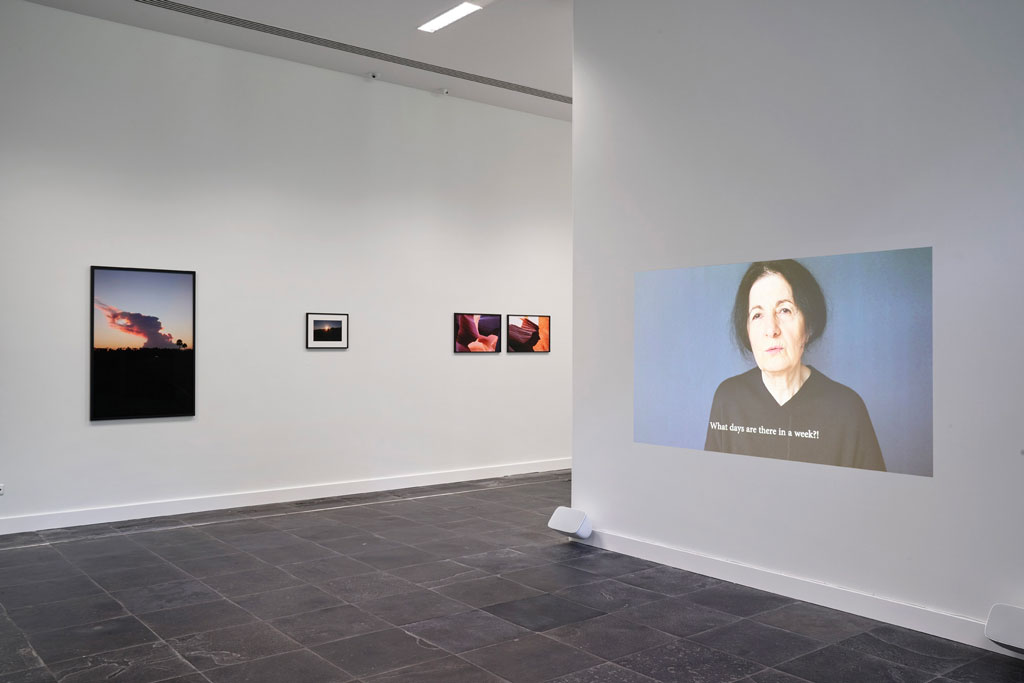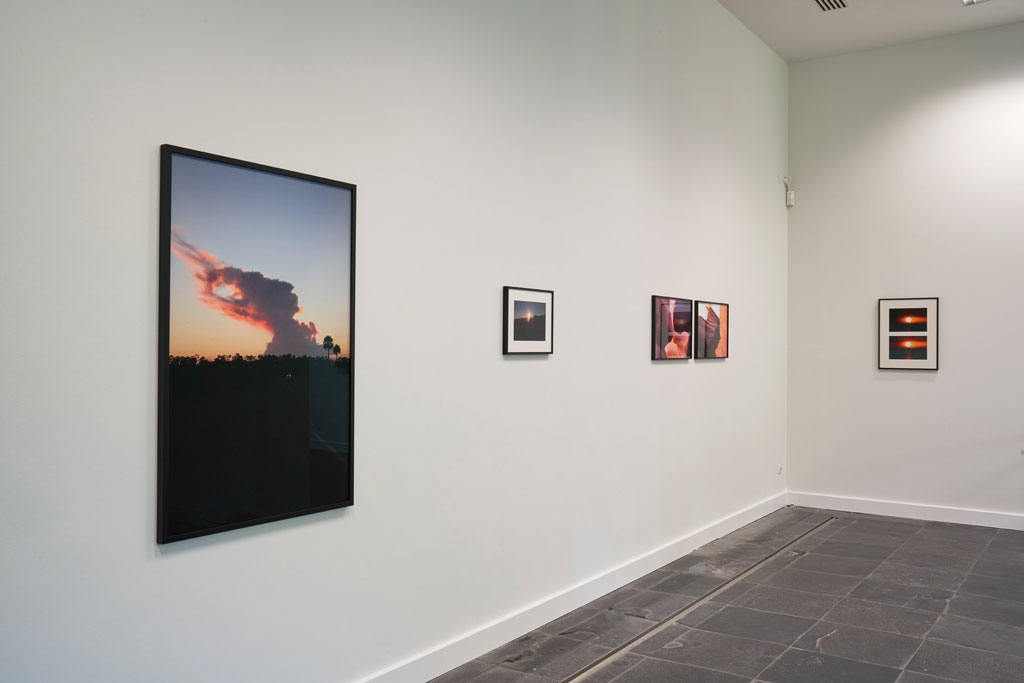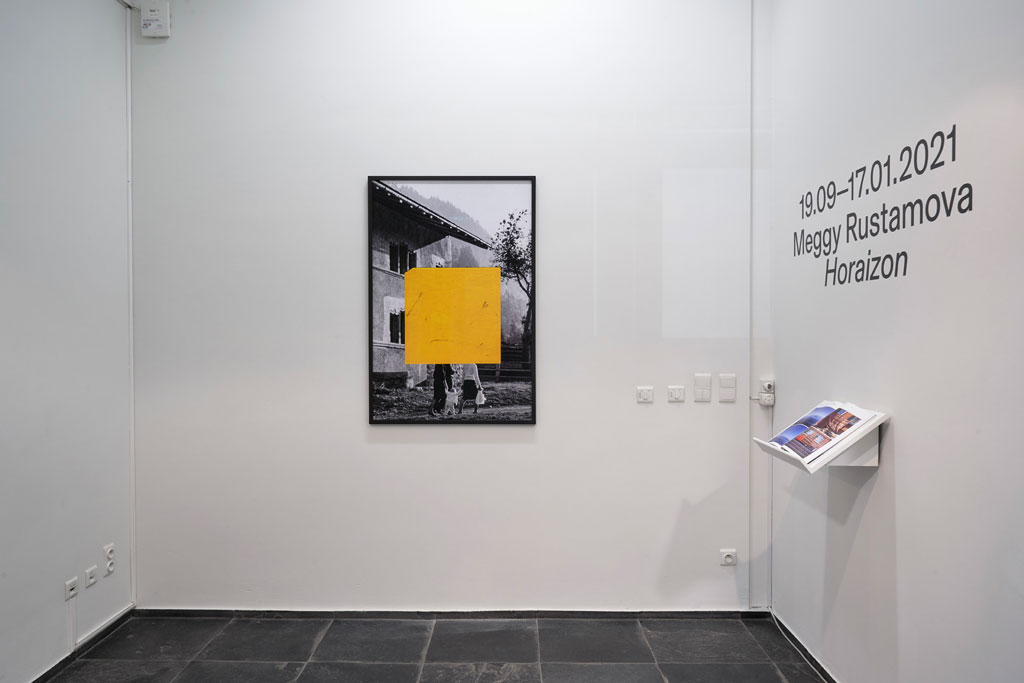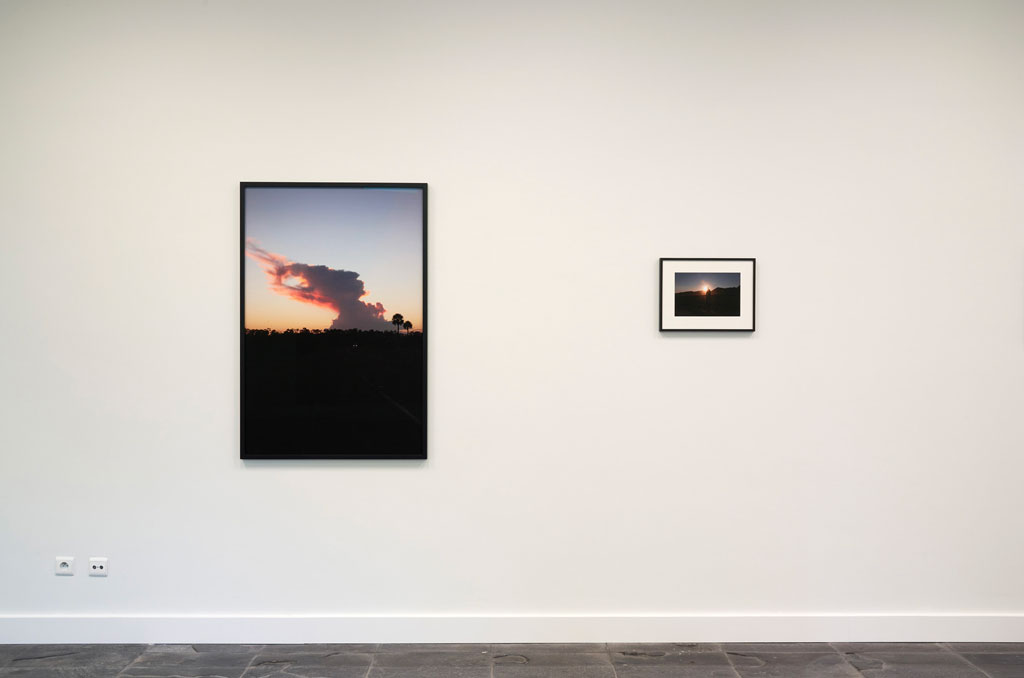ART-PRESENTATION: Meggy-Rustamova Horaizon
 Being a former refugee and simultaneously part Assyrian, Georgian, Belgian and European globalised citizen has made Meggy Rustamova particularly attuned to questions of identity and belonging. As the observer, she listens, watches and brings together stories, rooted in historical, cultural and geopolitical structures, which are simultaneously personal and universal. She contemplates on the interconnections between exile, nomadism and the concept of home. The notion of dislocation and transformation of language form key aspects in her research.
Being a former refugee and simultaneously part Assyrian, Georgian, Belgian and European globalised citizen has made Meggy Rustamova particularly attuned to questions of identity and belonging. As the observer, she listens, watches and brings together stories, rooted in historical, cultural and geopolitical structures, which are simultaneously personal and universal. She contemplates on the interconnections between exile, nomadism and the concept of home. The notion of dislocation and transformation of language form key aspects in her research.
By Efi Michalarou
Photo: S.M.A.K. Archive
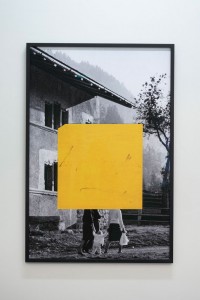
Meggy Rustamova contemplates on the interconnections between exile, nomadism and the concept of home. The notion of dislocation and transformation of language form key aspects in her research. Over the past few years, Meggy Rustamova has developed an interdisciplinary oeuvre consisting of photographic works, videos, installations and performances. Her work is a distinctly poetic look at the relationship between individual and collective memory, between language as communication and visual vocabulary. She searches for ways to translate contemporary social tendencies and issues into her own work, often by means of microhistories. Using images and text, she tells stories by way of association, exploring the boundary between fact and fiction. Equally characteristic of Rustamova’s work is the presence of nature and landscapes and the relationship between fauna and flora and mankind. The beauty of the often optimistic-looking images hides a certain melancholy or desire for utopia, an all too human tendency. The title of this exhibition, “HORAIZON” refers to the phonetic pronunciation of the word ‘horizon’, the dividing line where the earth’s surface and the sky meet. The horizon as a ‘boundary’ or ‘line’ is equally present in language, when reading between the lines, or when travelling between international borders. The outlines of land and trees or buildings that contrast with the sky, but also the outlines of shadows can be observed in many of the images in the exhibition. The works suggest a desire for what lies behind the horizon, inviting the viewer on an imaginary journey. Meggy Rustamova’s film “Invitation to the voyage” (2014), which derives its title from a poem by Baudelaire, is a suggestive examination of the potential of photography to tell stories (or history) and to let fact and fiction move closer together until the fuzziness of the pixels creating each photo has also taken hold of the narrative. Yellow Post-Its on selected photos promise a clarifying designation, but the words written in pencil have been erased and the path back to the time when the notes were made is now obstructed. It is the camera that guides us through the life story of the woman – her childhood, her studies, and her relationships. It zooms in on the photographs until the picture becomes grainy, focuses on details and navigates between the materiality of the photographs themselves and the content that they communicate.
Photo: Meggy Rustamova, HORAIZON, Exhibition view S.M.A.K- Ghent, 2020-2021, Photo: Dirk Pauwels, Courtesy S.M.A.K (Municipal Museum of Contemporary Art Ghent)
Info: S.M.A.K., the Municipal Museum of Contemporary Art Ghent, Jan Hoetplein 1, Gent, Duration: 19/9/2020-17/1/2021, Days & Hours: Tue-Fri 9:30-17:30, Sat-Sun 10:00-18:00, https://smak.be
